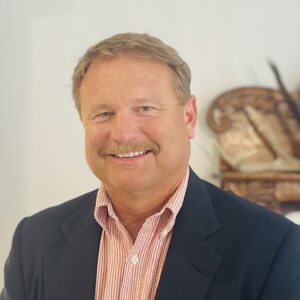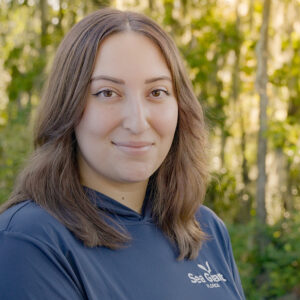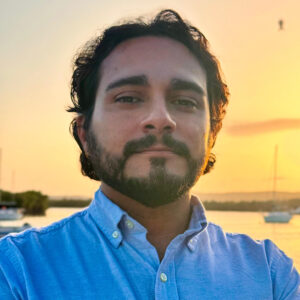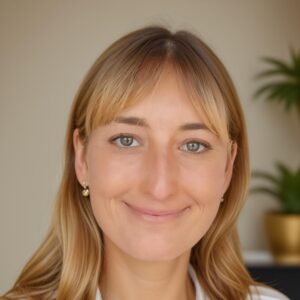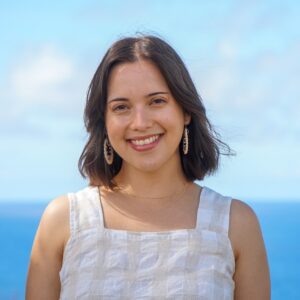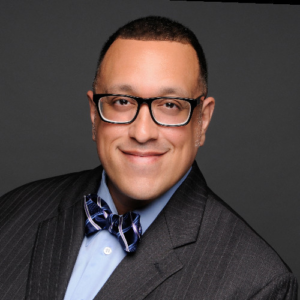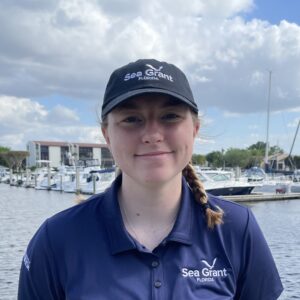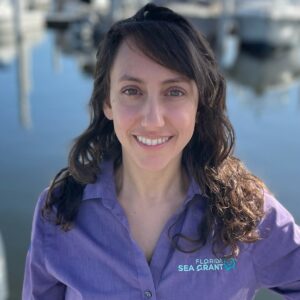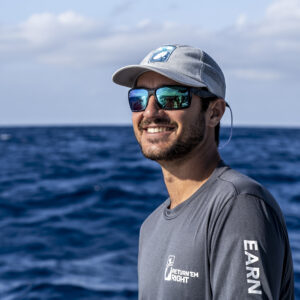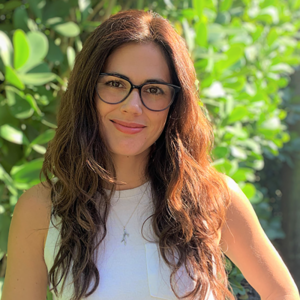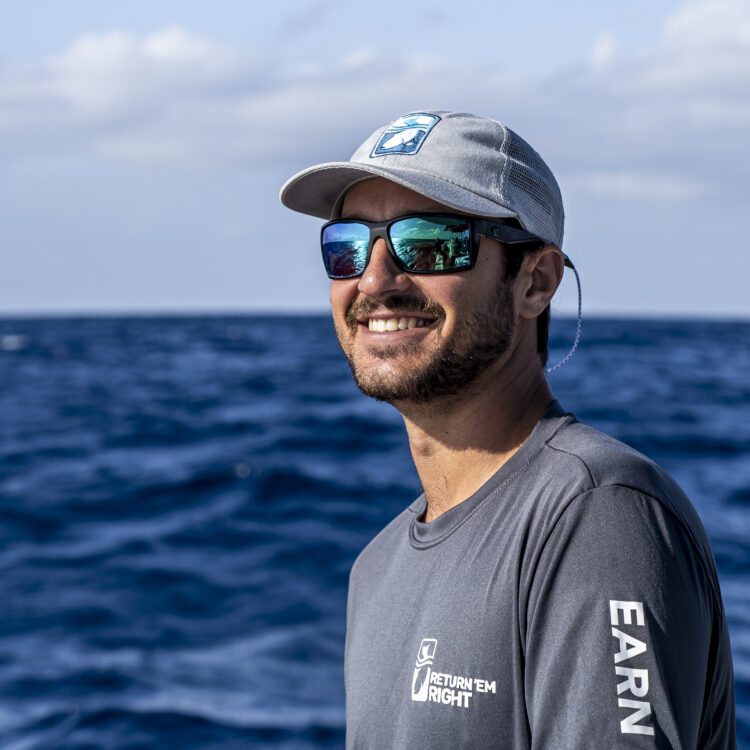
Recreational Angling
Nick
Haddad
Gulf of America Program Coordinator
About
Nick Haddad is the Sustainable Fisheries Communications Manager for Florida Sea Grant. Nick grew up in Pennsylvania where he developed a passion for fishing and the outdoors at a young age. That passion led him to pursue a career in marine science, fisheries research and the recreational fishing industry. While studying marine biology at University of Tampa, he performed gut content analysis on invasive pike killifish and collected data on juvenile bull sharks in Tampa Bay. In Louisiana, he worked closely with Louisiana Sea Grant and the commercial shrimp fishing fleet to study optimal post-harvest procedures to enhance quality and economic value in a struggling industry. His past position as the Angler Recognition Coordinator for the International Game Fish Association (IGFA) strengthened his connections to the sport fishing industry around the world while maintaining a role in fisheries science and conservation. During his time with the IGFA he managed all angler recognition programs, identified fish species submitted globally, and provided content for the organization’s social media, digital magazine, and yearly record book. His passion lies in working directly with anglers and will continue to promote conservation and ethical angling through this position.
Nick holds a M.S. in Renewable Natural Resources concentrated in Fisheries and Aquaculture Management from Louisiana State University and a B.S. in Marine Biology from the University of Tampa.
Projects, Research & Specializations
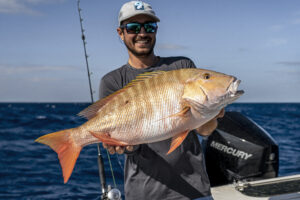 Nick’s primary role for Florida Sea Grant is to manage communications, education and outreach for a large seven-year, Gulf of America-wide program focused on reducing catch and release mortality from barotrauma in recreational reef fisheries.
Nick’s primary role for Florida Sea Grant is to manage communications, education and outreach for a large seven-year, Gulf of America-wide program focused on reducing catch and release mortality from barotrauma in recreational reef fisheries.
The program, Return ‘Em Right, will work with anglers to provide the knowledge and tools necessary for anglers to successfully release reef fish suffering from barotrauma, leading to improved survival of fish and a healthier Gulf reef fishery.
Barotrauma is a pressure-related injury that fish experience when reeled up from depth that leads to increased mortality after release. Anglers can improve fish survival by using best practices to mitigate the negative effects of barotrauma and help fish return to depth. This program was designed to improve the health of Gulf fisheries injured during the 2010 Deepwater Horizon oil spill.
Contact
Connect & Learn More
Get to Know Our Coordinators & Liaisons
Leveraged outreach and education coordinators and liaisons support initiatives in conjunction with our state agency and federal partners.
